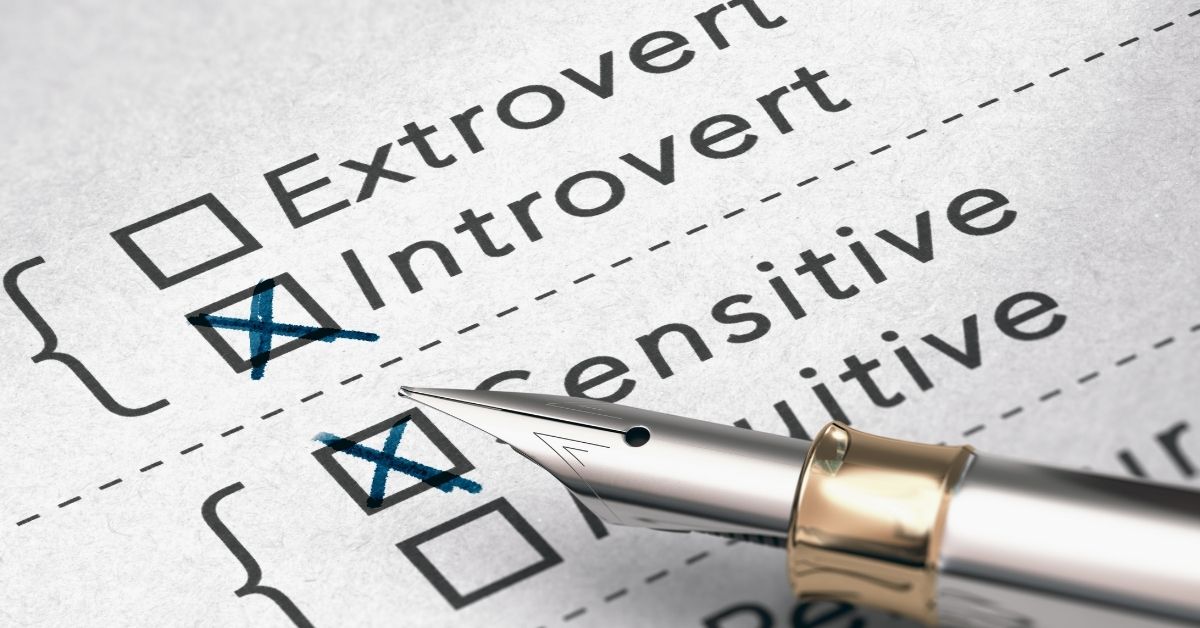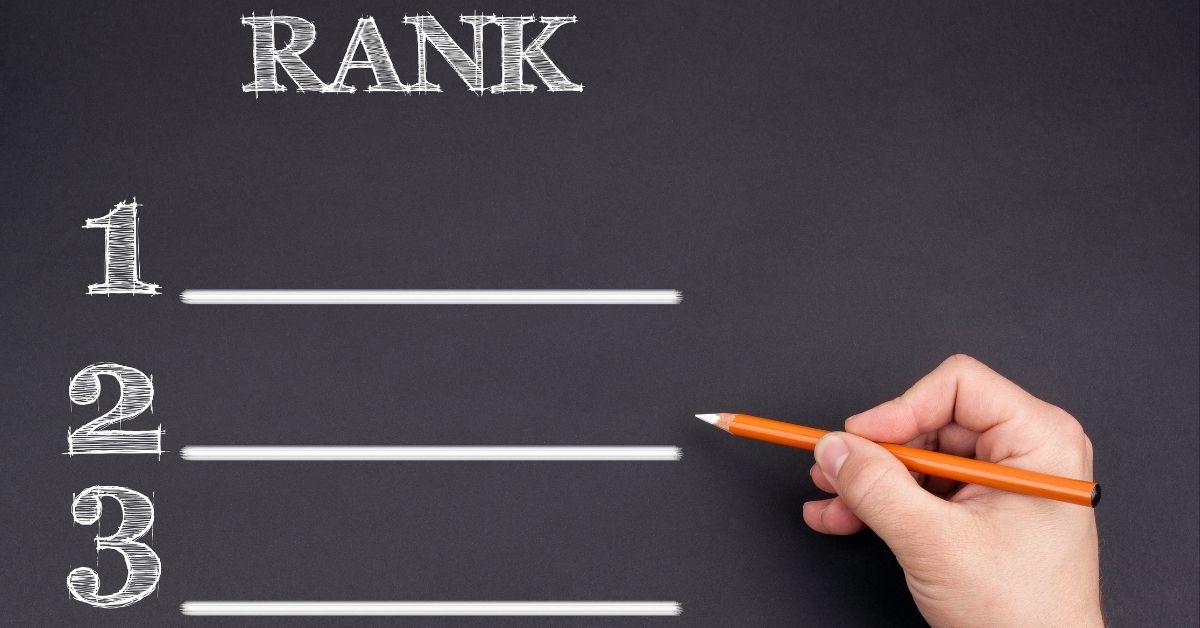It is hard to be a recruiter in Singapore. Other than assessing a candidate’s hard skills, you’re also required to determine a candidate’s soft skills during the initial stages of a job interview. For the uninitiated, soft skills refer to a group of or a certain talent that do not require formal education or training to acquire.
Soft skills useful for all types of employees. For instance, employees in leadership roles and positions benefit a lot from having soft skills. In our recent BGC Group blog article, we talked about how emotional intelligence is a useful soft skill for employees in leadership roles and positions.
However, unlike formal skills, soft skills are harder to identify and ascertain. Especially in the beginning stages of a job interview. But you’re in luck! As a manpower outsourcing agency in Singapore we’ve rounded up some of the best ways HR executives can assess and measure an interview candidate’s soft skill.
Methods to screening a job candidate’s soft skills

There are a number of ways for recruiters to screen a job candidate’s soft skills. We’ve listed some of the more popular methods that hiring managers and recruiters find effective below.
1. Have candidates take a personality test

Personality tests can be an effective tool to decide if your interview candidate will be a great fit for the office. Some common personality tests include the Myers-Briggs personality test (a.k.a. the MBTI test) and the enneagram test. Another personality test commonly used by HR executives and hiring managers in Singapore include the DISC personality test.
If personality tests or other pseudoscientific methods of deduction are not your forte. You can consider having your job candidates take a psychometric test instead. Much like a personality test, a psychometric test shines a small light into a candidate’s behaviour and mental aptitude. However, unlike a personality test, a psychometric test can give you an insight into an applicant’s analytical and pedagogical skills. Pretty cool stuff, we reckon.
As a HR outsourcing agency in Singapore, we’re well-versed in the importance of personality tests. Some articles on the MBTI test that we’ve written include:
2. Assess their reaction to certain workplace scenarios

One way to determine how a job candidate would react under pressure is by testing their reactions to certain scenarios. These tests are also known as situational judgement test are a good way to assess a job candidate’s:
Decision making skills
Critical thinking skills
Judgement skills
Truth be told, it doesn’t take much to conduct a situational judgement test. In your next interview session, try to give job candidates a real situation that your organization or team has gone through. According to LinkedIn, one way to conduct a situational judgement test is by asking job candidates what soft skills they will be utilizing at every step. This is also a great method to determine if your candidate is a good fit for the company, or if they work better independently or in groups.
3. Test their awareness on trending news

The ideal future employee should have some awareness on the major news affecting the world or even the local economy. Not to mention, some awareness of news that affects the industry your organization is working in. Keep in mind that your potential employee does not have to be an encyclopedia of knowledge. However, being aware of these issues suggests that the job seeker is continually learning out and absorbing knowledge to benefit the industry.
4. Observe your interview candidates’ body language and professionalism

According to Glassdoor, an interview candidate’s body language lets recruiters and hiring managers learn a lot about who they’re interviewing. This is because body language is hard to hide and control. For instance, you might find anxious candidates to be more jittery and shaky compared to candidates who are calm and collected.
In addition to body language, professionalism is a trait you might want to look out for in interview candidates. If your job candidate turns up dishevelled and distraught, it might indicate that they’re not great when it comes to time management. Alternatively, it could indicate that the candidate is not as interested in the job.
5. Ask your job candidates to rank their own soft skills

There are two ways hiring managers and job interviewers can ask candidates to rank their soft skills. Firstly, HR executives can ask candidates to rank the soft skills needed for success. Alternatively, interviewers can ask job seekers to rank their various soft skills. Asking your candidates to rank the soft skills they have allows the jobseeker to quickly reveal the different skills they have.
In addition, if your candidate is having a hard time ranking their soft skills. Then it shows that the job seeker is unaware of the soft skills that they possess, and that should be concerning. Similarly, if they’re ranking soft skills that you find essential at the bottom of the list then it should also be a cause for concern.
Of course these are some ways for HR executives to identify and assess a candidate’s various soft skills. Keep in mind that this list is not exhaustive. Check back for more updates to come in the future!
What are some ways you believe that HR executives in Singapore can assess and measure a job candidate’s soft skills? Share them with us in the comments section below!
Read More: How HR Executives in Singapore can Measure a Candidate’s Soft Skills
